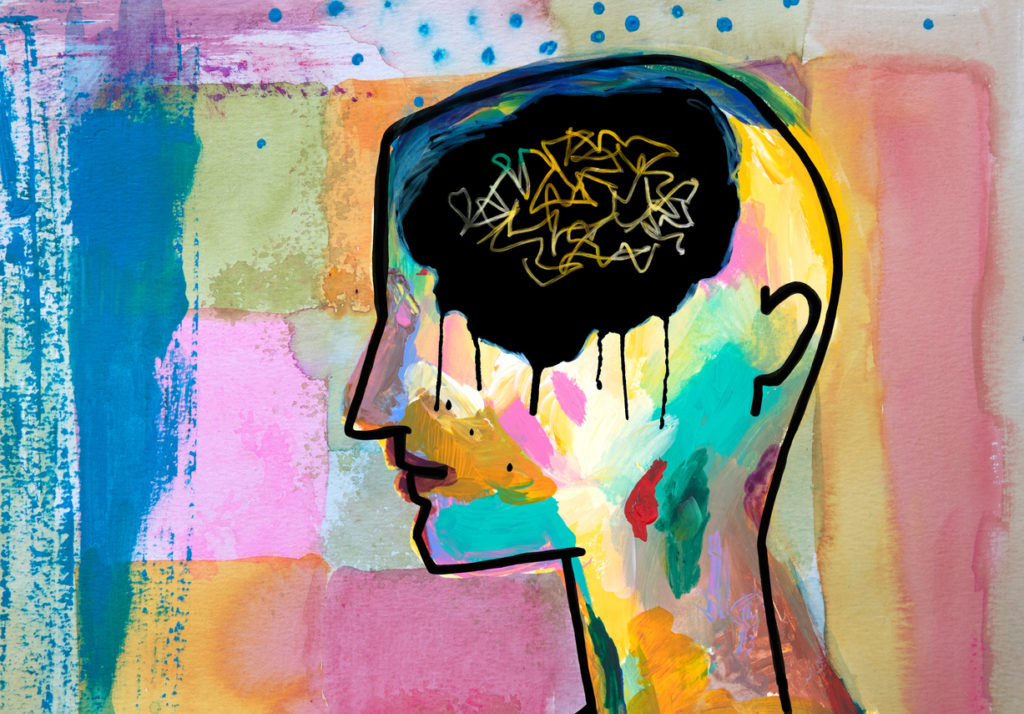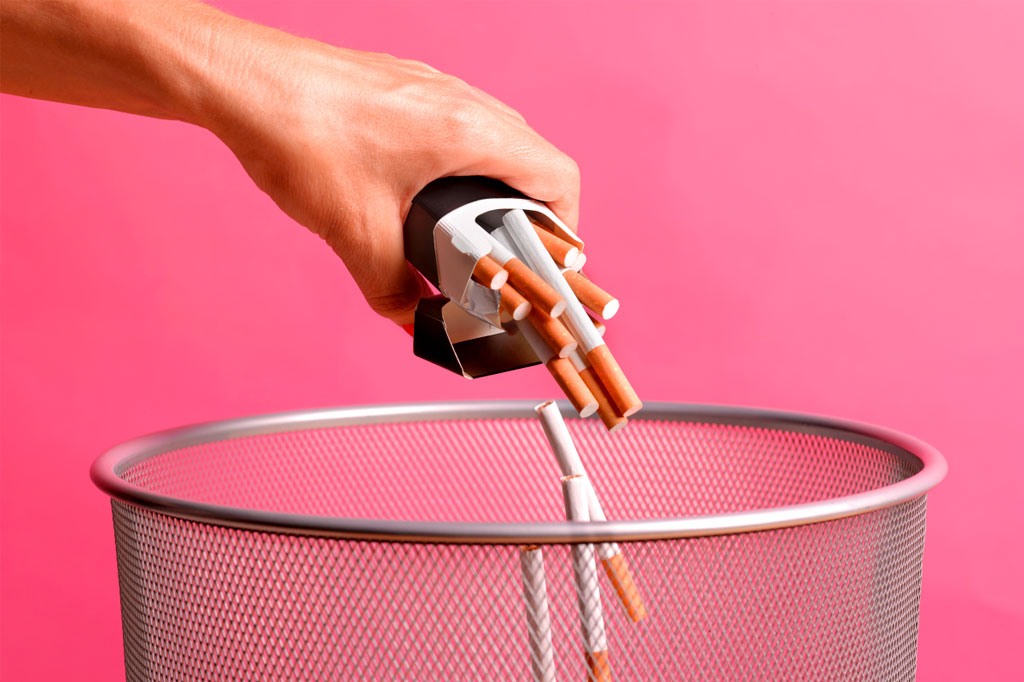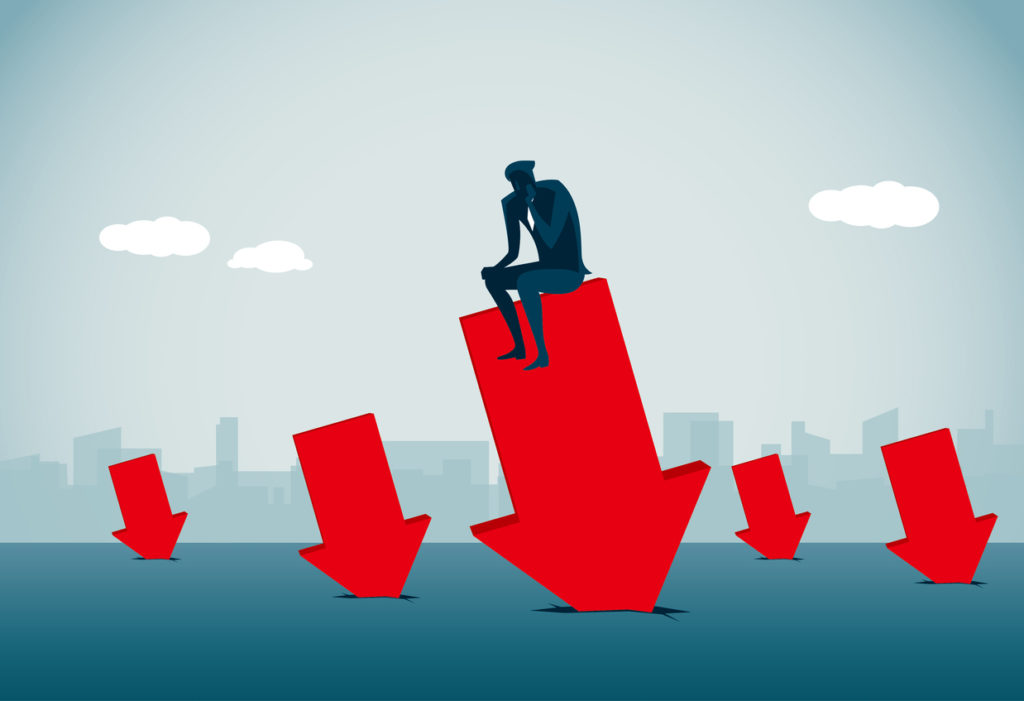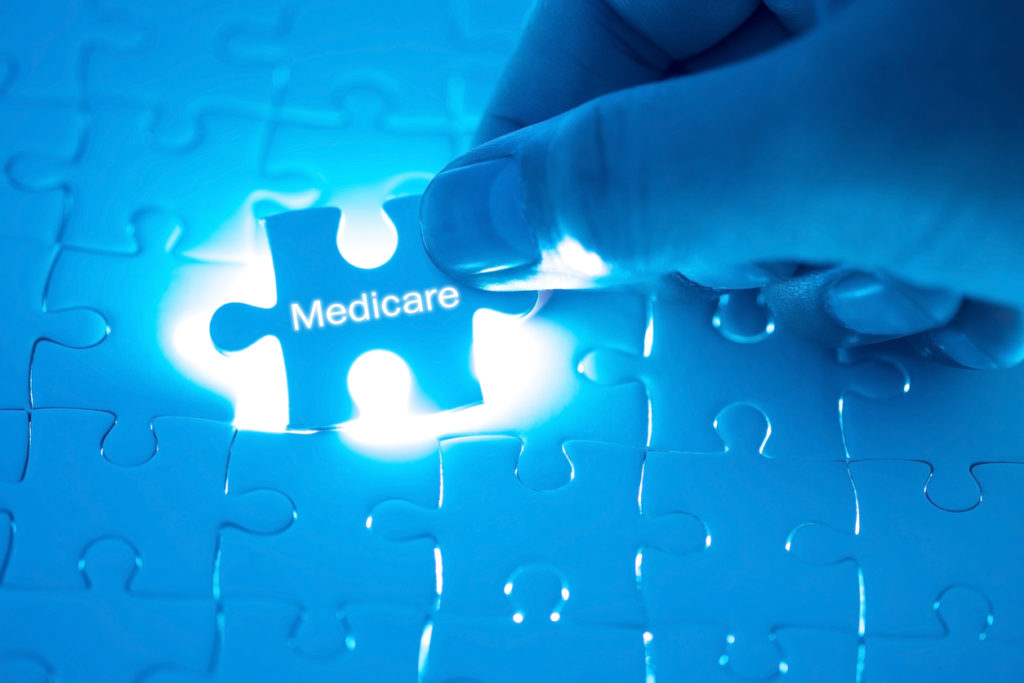Transcript
What is an Advanced Health Directive?
The Advanced Health Directive, the one we’re talking about, is in WA. Each state has their own but there’s no national registration of them. It was made into law in February 2010, which means it’s a legal document and is legally binding. It helps protect the wishes of the dying person and also their family, and it takes away the responsibility of what is going to happen in the end of lifetimes.
What does an Advanced Health Directive cover? Where should it be stored?
The Advanced Health Directive is actually to do with one’s medical conditions and health. It’s not to do with money or wills or anything like that. It has to be made by a person when they’re still competent, which means still “in their right mind”, as we might say, but not if you have dementia. You have to do it while you’re still well, in a good cognitive function.
It can be done at any time and it also can be revised. If your wishes change or you change your mind, you’re allowed to change it but you must destroy all the old former ones.
It’s a good idea to have a copy of it on your person or in a safe place in your house. My friends give it to their GP, and if you’re going to a hospital or you’re in an ambulance you tell everyone you meet, “I’ve got an Advanced Health Directive,” so they know and usually it’s a good idea to have it. Some people have it on their emergency bracelet, which some people have on their wrist if they have a medical condition so that then the authorities can have a look to see exactly how to treat this person or to withhold treatment.
It often is the case of withholding treatment, particularly when the person’s condition means that they’re not going to get better and their quality of life is diminishing, and they have several conditions, or – one of the things is an excessive loss of weight, and not being able to do things for themselves – a loss of the quality of their life.
How is competency assessed?
Competency is assessed by certain people and in the preparing for the Advanced Health Directive, in the document for health professionals, is actually a chart. Remember I’m not a medical person but it’s a chart where doctors, medical people, can determine on the scale whether a person is competent or not.
It’s been used in the UK and other countries as well. But the first person would be a GP who may call in other experts, neurological, psychiatric or other people, but is not a family member. And if there is some problem sometimes that’s when a public advocate will be called in, and they can make decisions if a person doesn’t have anybody.
Book your health appointments online
Find and instantly book your next health appointment with Healthengine
Where can I get a copy of an Advanced Health Directive?
 You can get forms from the WA Health Department and the office of the Public Advocate has copies. It’s a 4-page document.
You can get forms from the WA Health Department and the office of the Public Advocate has copies. It’s a 4-page document.
The first place one would start would be to ask your GP and if they’re not sure they can refer you on to someone who has perhaps more knowledge, Silver Chain also because they do a lot of palliative care.
You can download the document from the Internet. It’s 4 pages. You take it to your doctor and get them to have a conversation. And it’s a good idea for a person to initiate a conversation because some GPs don’t feel confortable, in my experience, about raising it.
Who can witness an Advanced Health Directive?
The Advanced Health Directive must be witnessed by a responsible person – it’s usually a JP or a doctor the usual people allowed to witness documents, plus one other person. That’s one of the forms that you can get.
It has to be witnessed, that’s part of it being a legal document.
Where can I find out more information?
Some doctors actually charge $15 when you go along for a meeting with several patients, they can charge you but there are free information sessions available which people can attend and they’re usually well publicised. Even the Citizen’s Advice Bureau should have information, or the Office of the Public Advocate, or Silver Chain.
But my first visit would be to the GP. My friend and I went to her GP to ask about it.
Why are Advanced Health Directives so important to have in place?
The most important part is to have one even though we think we don’t need it now but it’s always good to have. It’s like a will, we need to have an insurance. It’s one of the things that we need to do in this modern day, that we take care of things. Especially if you have a family who may be quite distraught at the passing of a family member but it helps them knowing that some of the things are in place.
Also, with the Advanced Health Directive, you can mention things like cremation, burial or whatever, put that in as well, so that when the moment comes the family knows, “this is what my loved one wanted and we’re carrying out their wishes,” and that might help the grief. All people want to have things in order before they pass on and we must respect their wish to have it their way, not imposing our will as a family on someone else.
So I’d encourage everybody to have one. And also thinking of the nursing staff, the doctors who are going to care for the person at the end of life, to make their jobs slightly easier knowing that they are doing what their patient wanted. They can care for them in that manner and help them to make the “good death.”
More information on Hope Alexander
I originally trained as a primary school teacher and my interests are in English and also in effective communication. Then, when I was having chemotherapy, I did a masters in Public Health. I’ve actually got about 6 tertiary qualifications but I’m not medically trained. However, my masters in Public Health gave me a good background.
I’ve been a Health Consumer Representative for many years and also an advocate for people who have no voice, for people who their English might not be as good as it could be or they’re ill or distressed or all of the above. And I feel I can help in some way giving back to the community.
More information
 |
Watch Hope Alexander talk about how specialists take care of a person at the end of their life in Palliative Care. |
 |
Watch Hope Alexander explain how to help your loved one have a “good death” in Preparing a good death. |
All content and media on the HealthEngine Blog is created and published online for informational purposes only. It is not intended to be a substitute for professional medical advice and should not be relied on as health or personal advice. Always seek the guidance of your doctor or other qualified health professional with any questions you may have regarding your health or a medical condition. Never disregard the advice of a medical professional, or delay in seeking it because of something you have read on this Website. If you think you may have a medical emergency, call your doctor, go to the nearest hospital emergency department, or call the emergency services immediately.







